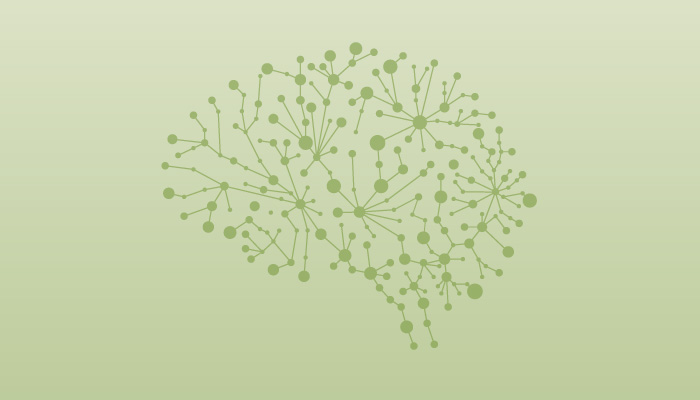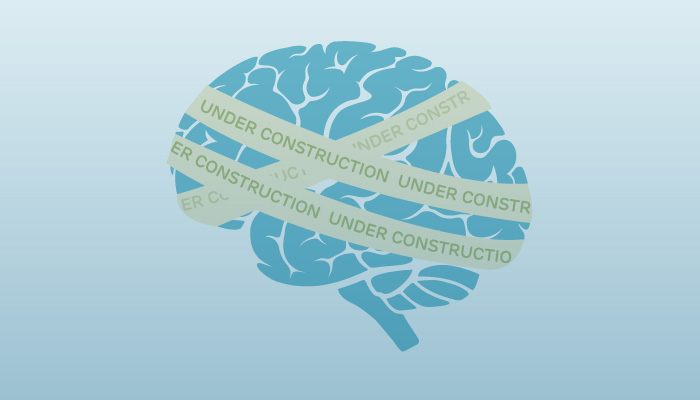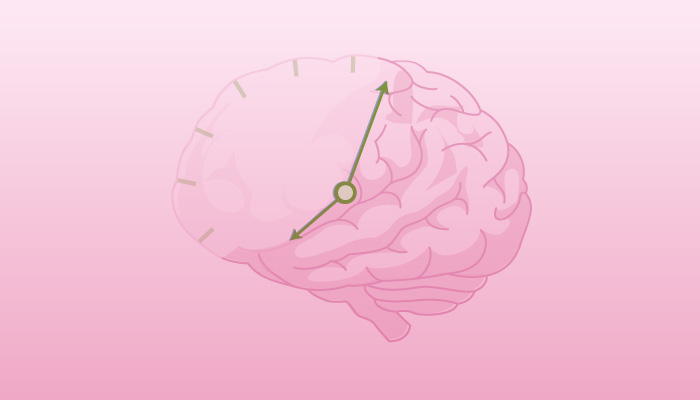HOW CAN WE HELP YOU? Call 1-800-TRY-CHOP
Mukherjee Laboratory for Prefrontal Cortex Development
We are hiring!
The Mukherjee Lab seeks motivated research technicians, graduate students, and postdocs to join our growing team! Please reach out to Dr. Arghya Mukherjee with your CV and a short statement of your interest in the lab's research.
The Mukherjee Lab uses a systems neuroscience approach to uncover how neural circuits support complex cognitive functions and how their dysfunction contributes to psychiatric and neurodevelopmental disorders. The team's research focuses on the prefrontal cortex (PFC) and its dynamic interactions with key brain regions such as the hippocampus and thalamus.
The team uses an integrative approach that combines behavioral physiology, single-cell transcriptomics, virus-based circuit tracing, and opto/chemogenetic perturbations. The Mukherjee Lab investigates the role of genetically defined neuronal populations within the PFC, and how its extended networks coordinate processes such as memory consolidation and inference-based reasoning.
A major focus of the team's research is to understand how cognitive control circuits functionally mature across typical development and how this process is disrupted in disease models. Ultimately, the Mukherjee Lab's goal is to identify cell type-specific circuit targets for therapeutic interventions aimed at restoring or enhancing cognitive function in mental disorders like schizophrenia and autism.
The Mukherjee Lab is part of the Center for Brain Research in Development, Genetics and Engineering (BRIDGE). The collaborative team of investigators from Children's Hospital of Philadelphia and the University of Pennsylvania leverage the state of the art infrastructure, strong peer networks, and deep domain expertise in all areas of neuroscience at these renowned institutions.



